While many in Bangalore depend on packaged drinking water services, others rely on in-house treatment systems for the water piped directly to their homes. While some systems like reverse osmosis and ultraviolet irradiation require a high upfront investment, other more affordable but slower options include gravity filtration and boiling.
Despite their respective disadvantages, the city’s high and middle income residents are often satisfied by at least one of these methods. However, treatment presents a much greater burden in the lowest income neighborhoods, where no method is simultaneously affordable, effective and safe enough to be widely applicable.
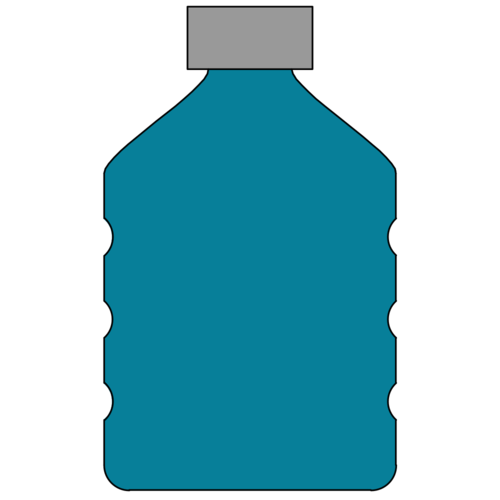
Prepackaged Drinking Water
Local vendors sell a variety of bottled water brands, including Bisleri, Aqua King, Parle and others. A customer can either exchange their empty, 20 liter “bubble top” container for a full one or buy disposable bottles in 5 liter sizes or less. While the 20 liter bubble top containers usually sell for ₹60, the per-liter price of the disposable bottles can be as high as ₹20.
- Upfront cost: ₹280
- Recurring cost: ₹3 to ₹20 per liter
- Flow rate: instant
Reverse Osmosis
A source of pressurized, piped water is fed into an appliance that applies a chemical process to remove all impurities. There are two outputs of water. One output is safe to drink while the other output is shed off as water with an even higher level of contamination.
- Upfront cost: ₹18,500
- Recurring cost: ₹1.23 per liter
- Flow rate: 0.25 liters per minute
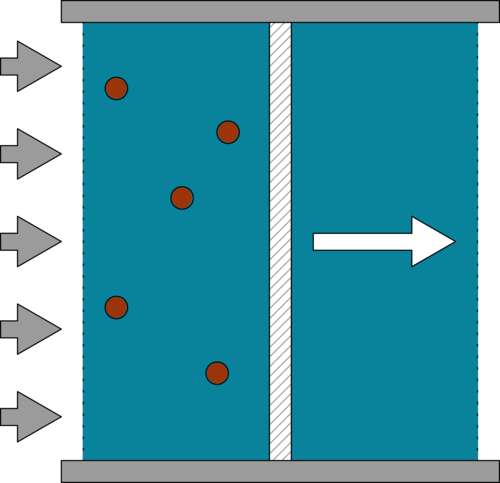
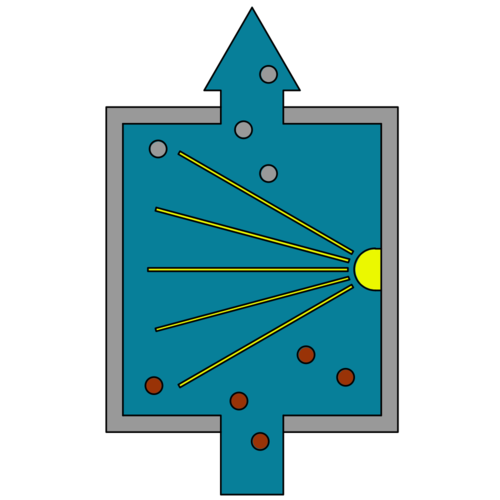
Ultraviolet Irradiation
A specialized lamp emits a high-energy beam of light into a chamber of flowing water. As the water passes through, the energy destroys the reproductive abilities of any biological contaminants. This produces safe outlet water, ready for consumption. In order to guarantee the pathogens’ exposure to the light, any turbidity in the water is removed by a filtration stage before entering the chamber.
- Upfront cost: ₹9,500
- Recurring cost: ₹0.57 per liter
- Flow rate: 1 liter per minute
Gravity Filtration
Unclean water is poured into an upper container that contains some porous media. As water passes through this material, impurities and pathogens are separated out. The water is then collected in the bottom container and stored until it is released by a hand operated spigot or tap on the side.
- Upfront cost: ₹2,900
- Recurring cost: ₹0.27 per liter
- Flow rate: 0.08 liters per minute
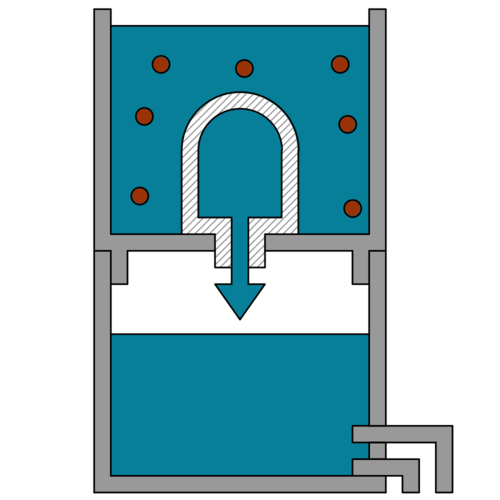
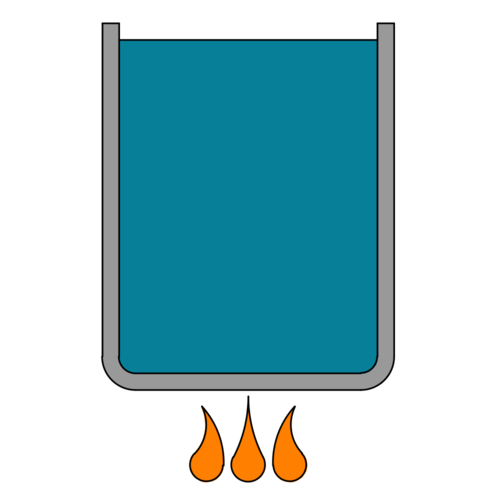
Boiling
Water is heated in a pot and boiled for at least 1 minute. While this kills all biological pathogens, any sediment or inorganic material remains. The fuel used is often kerosene, the price of which is volatile. While wood is a common alternative, the smoke can cause long term respiratory illness.
- Upfront cost: ₹700
- Recurring cost: ₹0.28 per liter
- Flow rate: 0.20 liters per minute
Water ATMs
A stand-alone structure is installed near a source in need of treatment. This installation treats and stores the water throughout the day. The internal treatment method is often either reverse osmosis or capacitive deionization (CDI). Customers use their pre-paid cards to withdraw water in set volumes ranging from 1 to 20 liters at a time.
- Upfront cost: none
- Recurring cost: ₹0.5 per liter
- Flow rate: instant
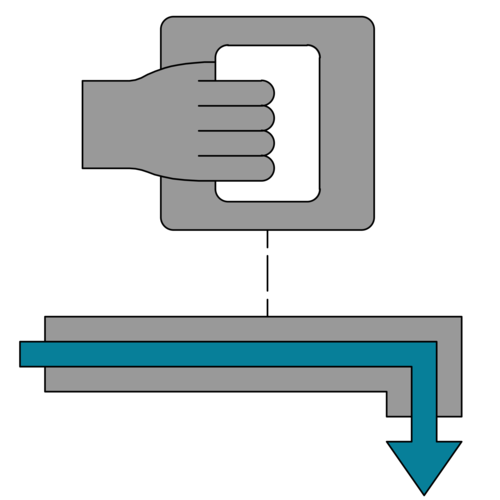
The cost of treatment is one of the biggest reasons why low income residents choose to forgo treatment and/or clean water access. This cost includes the recurring price per use as well as the upfront cost of access. Therefore, it is the residents living in the lowest income, highest contamination areas that bear the brunt of the city’s water quality issue. In order to focus on this burden, Pure Paani is determining where these areas are found in the highest proportion.

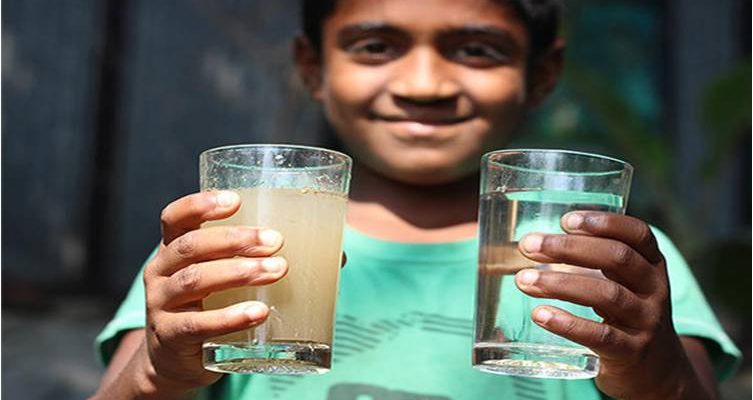
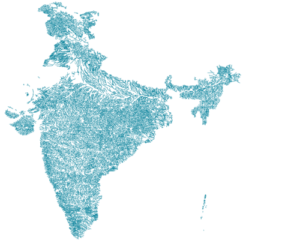
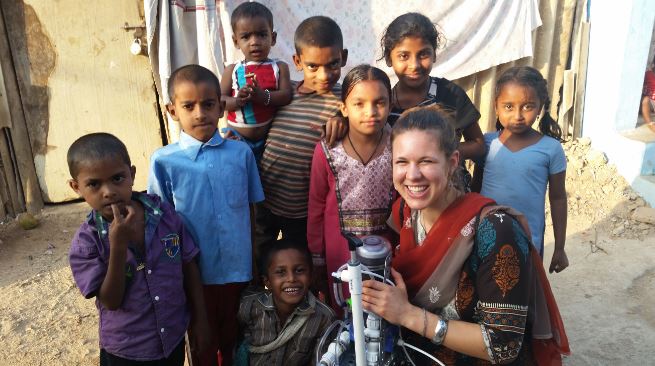
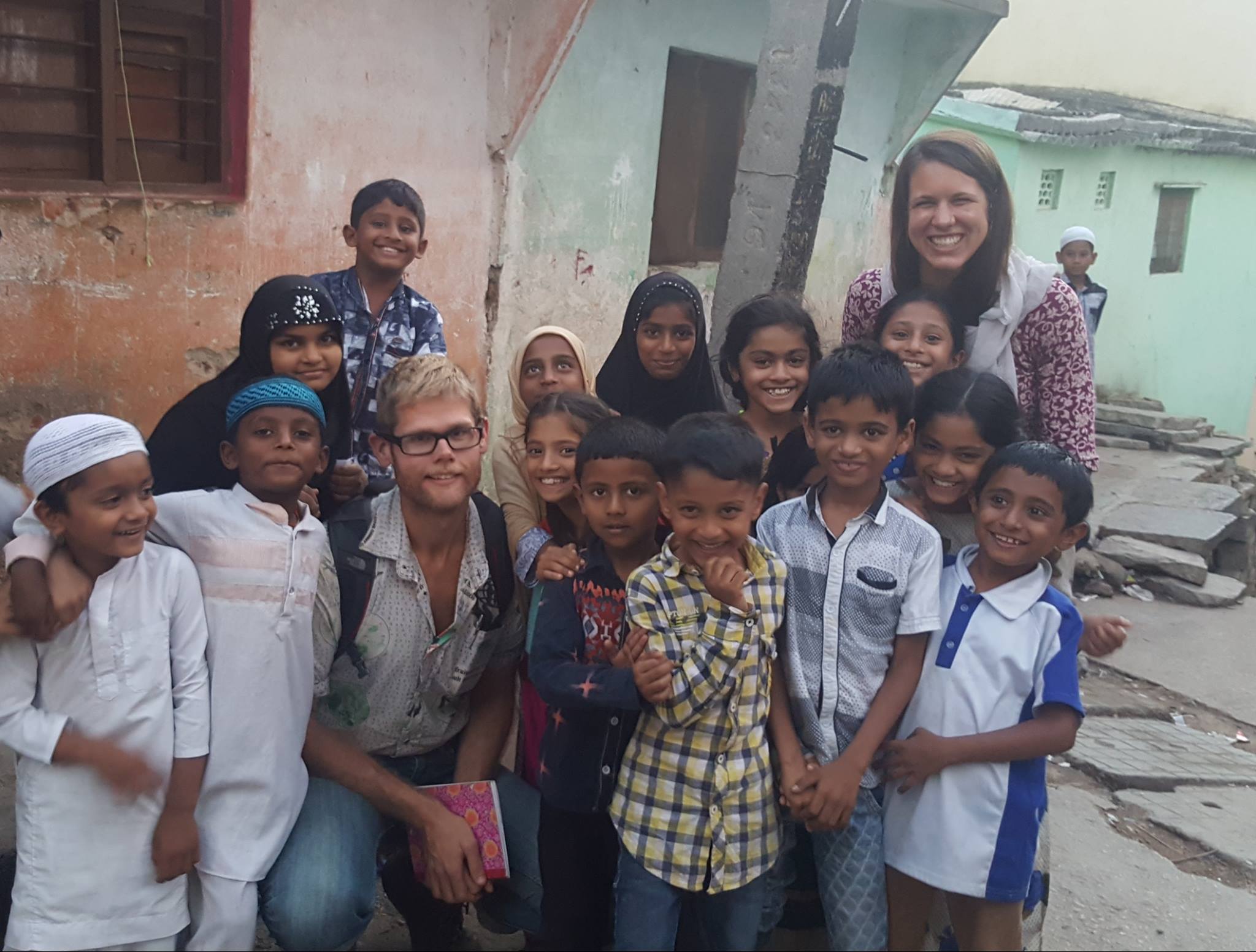
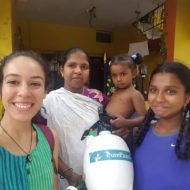
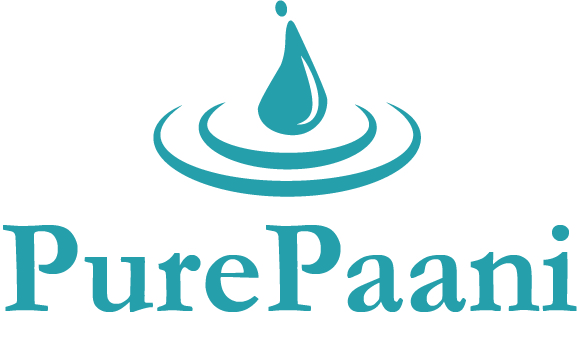
Recent Comments